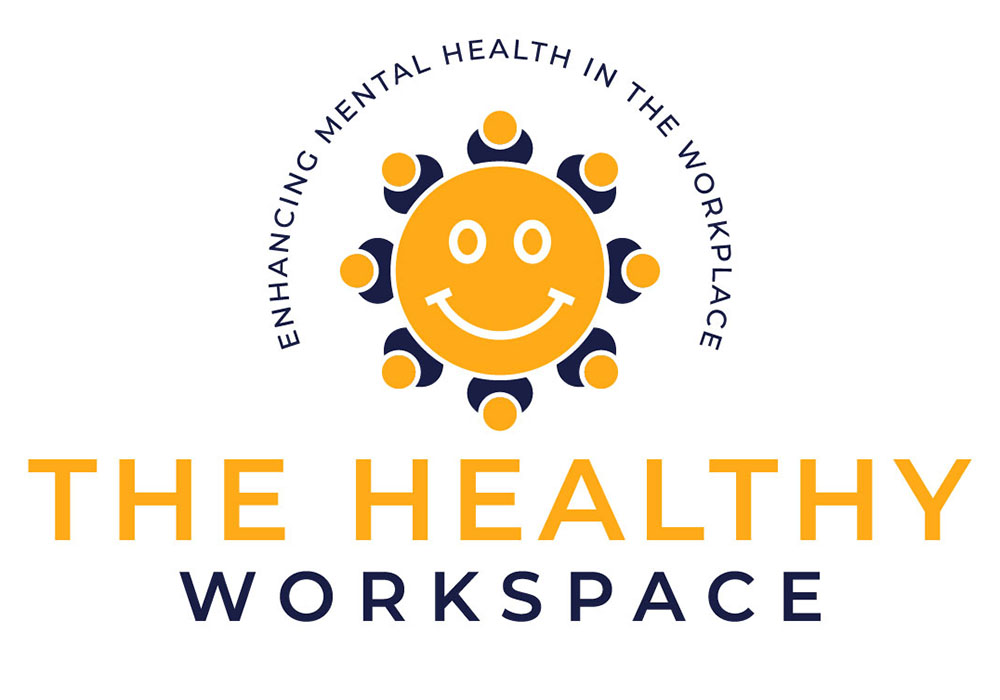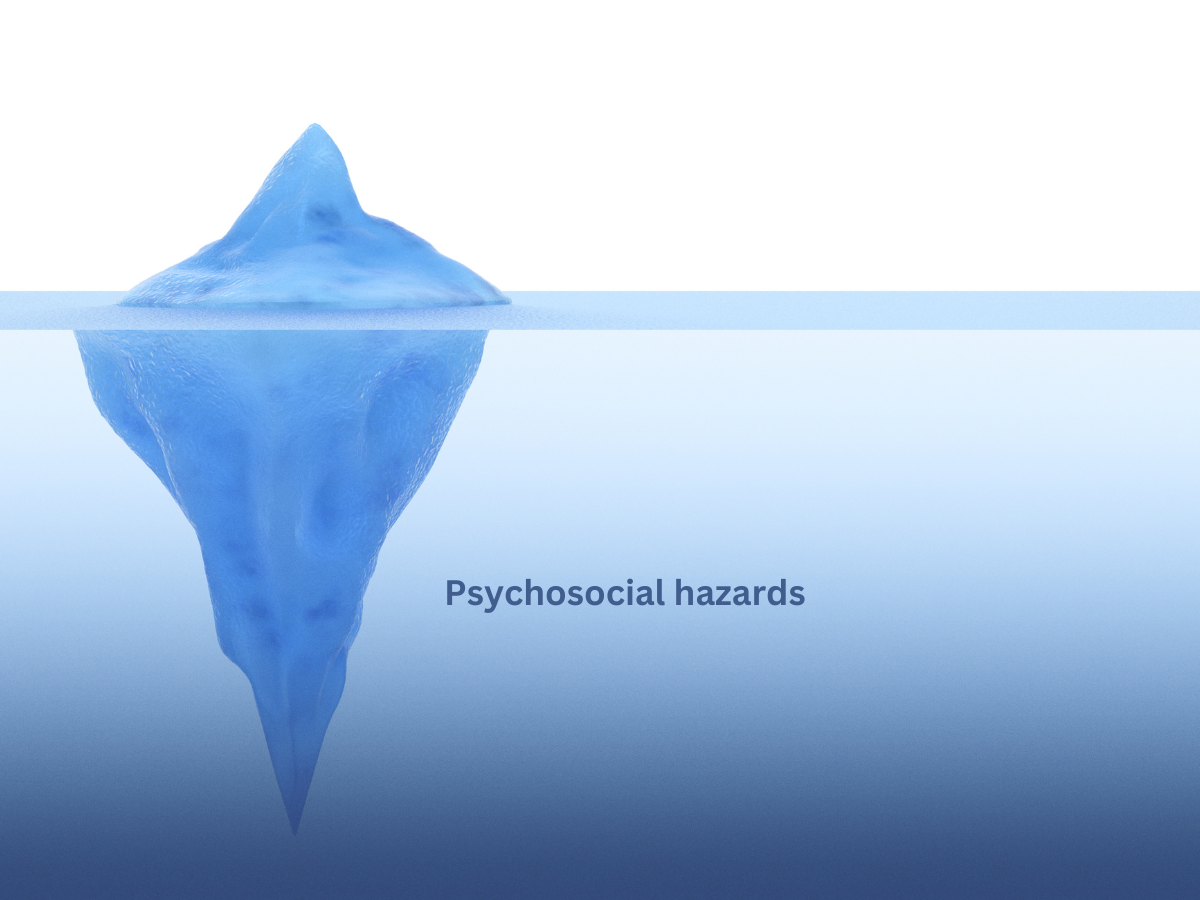Feeling supported in your work environment, having the right resources, training and appropriate direction is key to being productive in your role. Every role almost without exception has challenges in one aspect or another, there will always be times when it’s prudent to seek advice and direction from our managers and colleagues alike. Feeling unsupported or fearing criticism when asking for either physical or emotional resources can lead to high levels of stress and when combined with other factors can lead to psychological stress.
It is crucial that not only do employees feel comfortable and confident to ask management for assistance, it’s also important that a manager / leader creates a space for open dialogue in the work environment within their teams and within the organisation as a whole. The vast majority of issues can be resolved if advice and / or resources are sought at the earliest stage possible. At the Healthy Workspace’s psychosocial hazard survey, we discover how comforable staff are to seek advice / assistance and give recommendations for divisions that lack either adequate support or have a perceived lack of support from their team.
Jess’s story.
Jess has recently joined a marketing agency that is known to be highly competitive and very vibrant within its market. Jess, is excited about her new role as it gives her the opportunity to move into client management and potentially earn some really good bonuses. When Jess joins the company, she is assigned a portfolio of clients and informed that her bonus depends not only on maintaining the current level of business but also on achieving a 10% increase in their revenue.
When Jess reads the files, she realises that her predecessor has left very poor notes on file and it is very difficult for Jess to truely grasp the nature of their past projects. Jess goes to her boss for clarity, but get’s very little help. She decides to ask her colleague, but since they are in a target based environment, her colleague is also less than helpful. After the first 4 weeks in her new role, Jess feels anxious going to bed and has started to drink extra alcohol at night and feel worse every morning as she heads to work.
What Contributes to Poor Support
- Overwhelming workload
- Unclear job expectations
- Inadequate training
- A hostile or unsupportive work environment
- Insufficient resources to perform their duties.
- Lack of managerial training
Negative Consequences of Poor Support
- Increased levels of stress and anxiety
- Reduced job satisfaction
- Decreased productivity
- High absenteeism and high attrition rates
- Elevated risk of accidents and injuries
- Feelings of anger and frustration
- Lack of understanding between staff and management
- A ‘them’ and ‘us’ type of environment
How to mitigate Poor Support in the Workplace
- Providing sufficient resources and training for employees
- Setting clear job expectations
- Promoting a supportive and positive workplace culture
- Addressing bullying or harassment issues effectively
- Offering opportunities for employees to give feedback and have input




